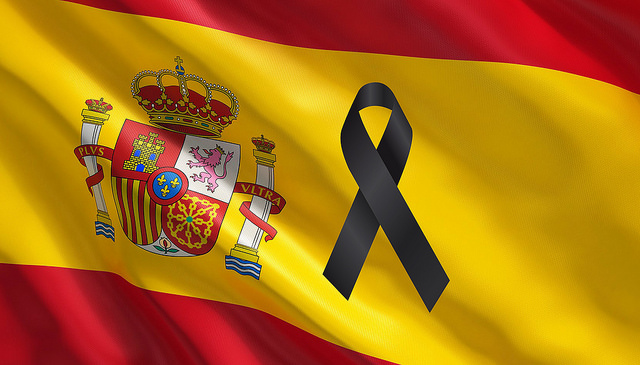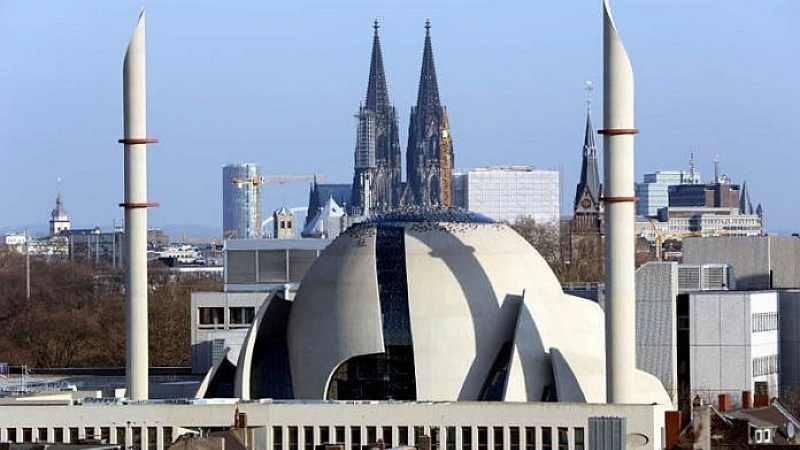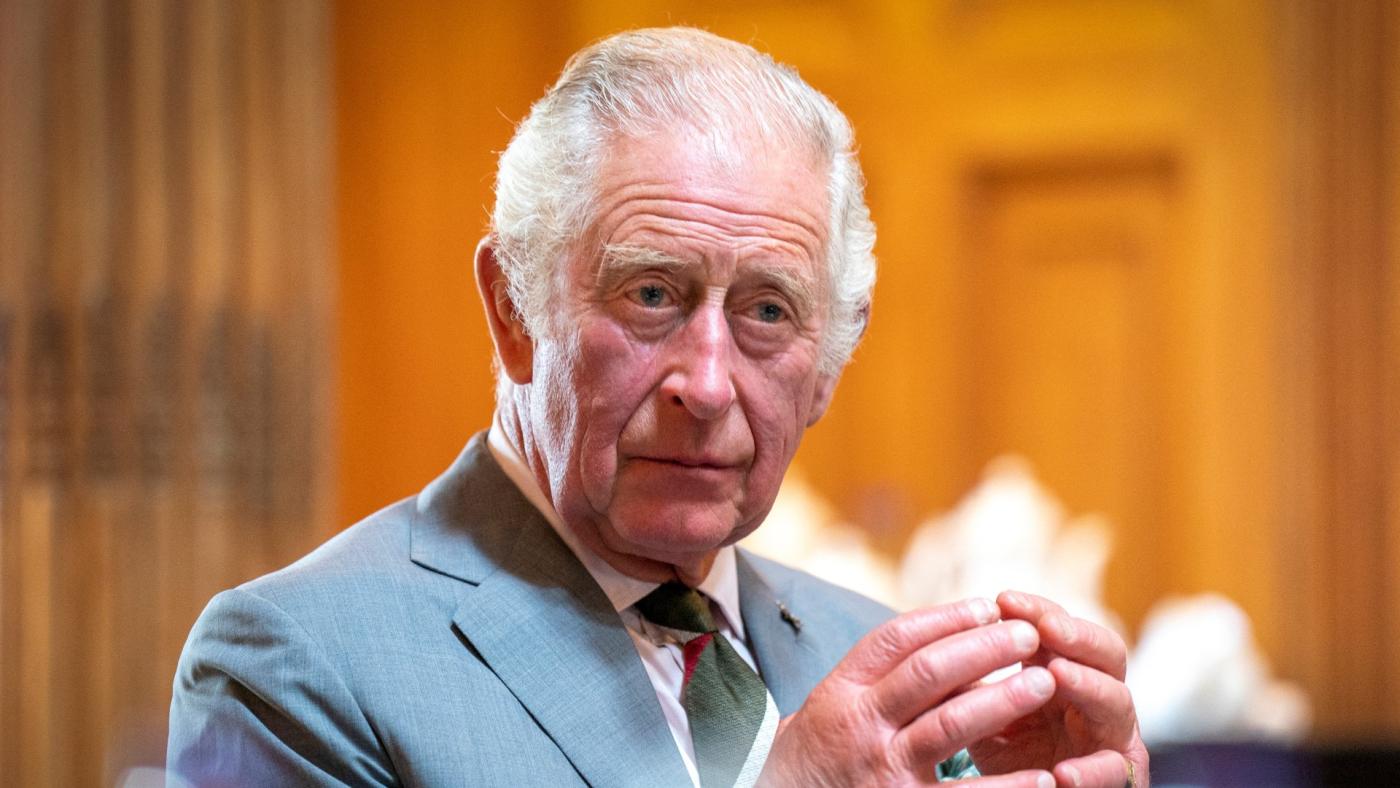Following the recent attacks in Barcelona and the Catalan town of Cambrils that left 15 dead, Muslim figures in Germany have expressed their condemnation of the events and their solidarity with the victims.
Germany’s main Islamic associations condemn the attacks
DİTİB, the country’s largest Islamic association, issued a press release rejecting all forms of terrorism. Fellow organisations VIKZ and IGMG made similar moves. ZMD chairman Aiman Mazyek also denounced the attacks and called for unity in the face of the common terrorist threat.1 Other Islamic movements, such as the German Ahmadiyya community, followed suit.2
These routine condemnations did little, however, to conceal the enduring divisions among Islamic organisations and leaders that continue to preclude a fresh and concerted approach against violent Islamism.
A superficial show of unity
A tweet under the #Barcelona hashtag by Ercan Karakoyun, chairman of the Foundation Dialogue and Education, central institution of the Gülenist movement in Germany, puts this division into dramatic relief.
Taking aim at the current repression of his movement in Turkey, Karakoyun pugnaciously asserted that “as long as many a state can designate an educational movement a terrorist organisation no common fight against terror is possible!”3
Against this backdrop, calls to withstand the attackers’ attempt to play off Muslims against non-Muslims ring somewhat hollow: the Muslim figures making these statements have so far failed even to mend the rifts among their own associations. How they could meaningfully contribute to healing the divisions within European societies is therefore anyone’s guess.
Grassroots activism vs. stagnation at the top
To be sure, there are many Muslim grassroots movements in Germany that seek to stand in the way of violent ideologies: they range from Jewish-Muslim educational projects and neighbourhood initiatives to important de-radicalisation schemes aiming to offer an exit perspective from the Salafi scene. Overall, German Muslims’ civil society activism is high.
Yet at the level of the country’s Islamic associations, the picture is one of stasis. Unfortunately for German Muslims, those most likely to be heard as their representatives in the aftermath of any attack have little by way of a constructive response to offer.






